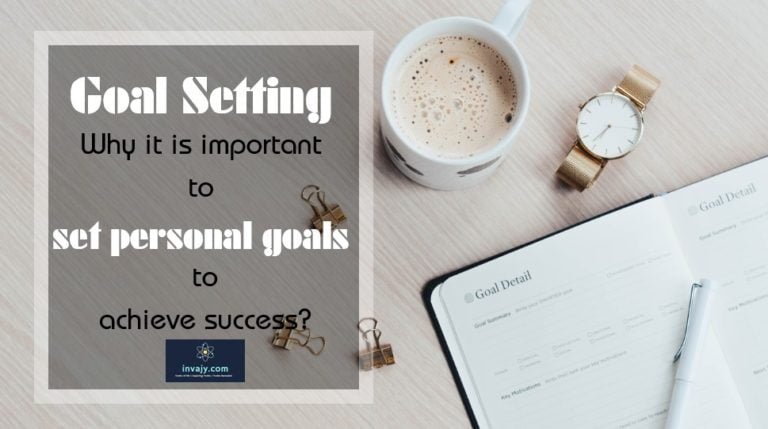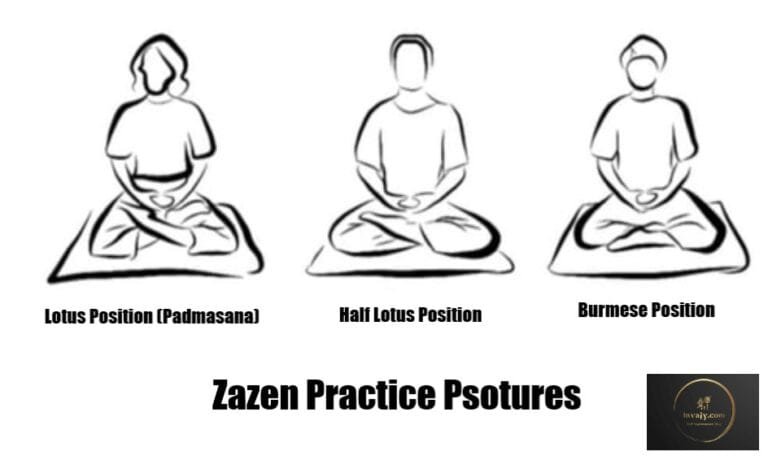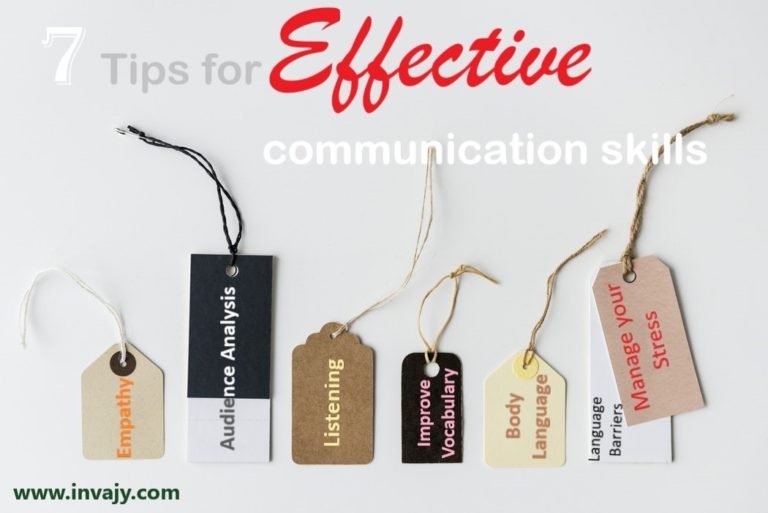Master the Art of Small Talk to Improve Conversation Skills
Master the art of small talk to elevate your conversation skills. Learn key techniques to engage confidently, build connections, and make every interaction meaningful.

Communication is a vital tool used by humans to make friends, build relationships, acquire knowledge and even avoid conflict. Interestingly, most of the personal connections we make are formed from ‘small talk.’ Thus, conversation skills pay a critical role in day to day life.
But here’s the kicker. Nearly 75 percent of received communications are misinterpreted. Many people (myself inclusive) consider themselves excellent communicators.
This is where the disconnect arises; people tend to assume that they know what the other person means, and as a result, misinterpretation arises, leading to miscommunication.
There are different types of communication:
- Verbal
It has to deal with the use of words and speech to express yourself.
- Non-verbal
This is the opposite of verbal; the use of body language such as eye contact, facial expressions, body movements etc., to communicate.
- Visual
This communication is done using graphics like pictures, videos, GIFs..etc.
And much more, but our focus is on Interpersonal communication.
What is Interpersonal Communication?
It is simply communication between two people or groups of people.
Before we dive into the fun stuff (which is what you want) about ‘How to improve your conversation skills’ and be good at small talk, let’s look at ‘why is it important to be an Excellent conversationalist?’
Importance of Good Conversation Skills
Being an effective communicator can have the following benefits:
- Improves interpersonal relationships
- Increases trustworthiness
- Boosts other morale around you
- Aids in problem solving and conflict avoidance
Effective Ways to Improve Your Conversation Skills
Here are the effective ways to improve your communication skills and small talks.

Understand that Communication Begins Before a Conversation Even Starts
You’ve probably heard the cliché saying, “You only get one chance to make a first impression.”
As simple as it might sound, when you’re in a conversation with someone, before you even open your mouth, micro judgments and nonverbal communication signals are already being sent to the receiver.
The initial two seconds of communication are so important that it takes another four minutes to add 50 percent more information to an impression — positive or negative — within that communication.
So when next you’re in a small talk conversation, instead of worrying about what to say, pay close attention to the signals you’re emitting.
This is the Pro-Tip for communication.
Listen
Listen! Listen! Listen! I can’t stress this enough, but this is one of the fatal mistakes I made when communicating.
It is in our natural human nature to care more (even just a little bit) about ourselves than others.
Here’s the problem with this, when you’re talking with someone, it could be your friend, dad, or any significant other, you stress trying to put your own point of view or justification out there (which isn’t inherently wrong ), but it creates a disconnect and can come across as selfish and narcissistic.

Here’s a great analogy.
When next you’re conversing with your friend-say ‘Tom,’ and you guys haven’t met the whole weekend, instead of saying, “Hey Tom! You wouldn’t imagine where I went this weekend.”
Say this “Hey Tom! So how did you spend your weekend?”
Did you catch that? One is more me-centric meanwhile the other shows concern.
And people like to know that you care.
Ask questions.
Pay Close Attention to Body Language
This point feeds into the first, but when you’re already in a conversation with someone, your body cues say a lot more than you might actually comprehend.

Let’s use the Tom scenario again.
If you’re communicating with Tom and you ask him how his doing, and he responds, “I’m fine,” while crying.
Automatically, his words aren’t coherent with his actions because if he were really fine, he wouldn’t be crying.
So, pay close attention to your body language also, when you are communicating with others.
Be More Self-Aware
Small talk, as the name says, is ‘small,’ nothing too serious. Being more mindful of your environment can greatly 10’x your conversation skills.
Let’s say you walk into a room of people, and the air is pungent; you sit in a group.
A good conversation ice breaker can be, “Does anyone else here scent rotten eggs?”
It might not be funny, but it can boost further conversations stemming from the bad odor.
Genuinely Show Empathy
I say genuinely because the last thing you want to come across is ‘fake.’
Human beings are emotional creatures and go through difficulties daily.
People like to know that you care, and a good way to show that is by remembering things people say.
During a conversation, when you recall what the other person said, they automatically see you as kind and pleasant to be around.
Keep it Simple
Not all of us are Kevin Hart to be able to constantly come up with jokes out of nowhere in an interaction. Still, we can improve our communication by being direct and intentional with our way of communicating.
You don’t want to be the individual who has a very sick friend and says something like, “I’m surprised the Angels haven’t called you yet.”
Bonus: 3 Simple Exercises To Improve Your conversation skills
Smile More
The world in and of itself is a dangerous place, but when you smile, you create an ora of comfort, giving room for the receiver to be more engaging and interested in what you have to say.
A smile is a huge icebreaker for conversation starters.
Control Your Emotions
If you easily get irritated by what people say, it’s going to be hard to improve your conversation skills because it gives off ‘insecure vibes.’
So take life less seriously and enjoy the moment.
Just Practice More
Yes! The more you practice and actively put yourself out there, the better you’ll be.
You’ll connect more and be happier in spite of the discomfort you’ll feel at the beginning.
Wrapping Up!
In a nutshell, possessing a high social IQ can drastically improve interpersonal relationships with loved ones, friends, strangers, and even co-workers. Thus improving the quality of life.







Yooo Rikki!
Thanks for taking the time to read it.
Thanks for this piece. I really saw it helpful and worth reading!